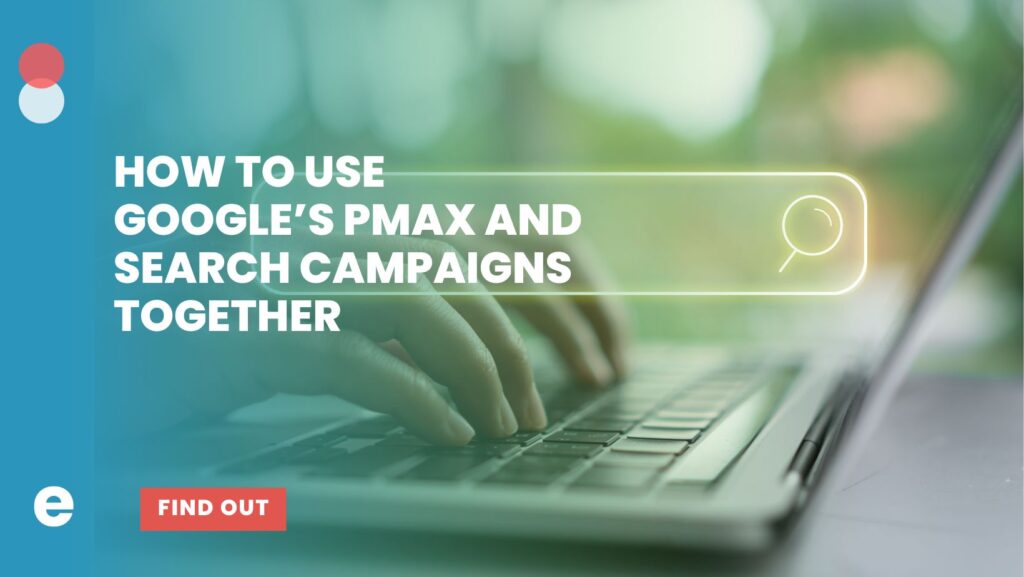At Enilon, we’ve noticed a critical oversight in the digital marketplace: many companies fail to understand or properly set up conversion tracking for their campaigns. This oversight will significantly undermine the effectiveness of your marketing efforts. In today’s fast-paced online environment, accurately tracking conversions isn’t just helpful; it’s an absolute necessity. Let’s take a look into why conversion tracking is vital and explore the platforms that will help evaluate your campaign’s performance.
Why Conversion Tracking Matters
Conversion tracking serves as a GPS for your marketing efforts. Without having that GPS, you’re operating blindly. Here are just a few reasons why conversion tracking is so important:
- ROI Insight: It helps you measure the return on investment for each campaign, showing which ads, keywords, or channels perform best.
- Optimization: With performance data, you can refine your campaigns to focus on elements that lead to more conversions, reducing unnecessary spending.
- Customer Journey Understanding: Tracking maps out the customer journey from first click to final purchase, offering insights into user behavior.
- Budget Allocation: Knowing which campaigns drive conversions allows for smarter budget allocation.
Platforms for Conversion Tracking
What are the most commonly used platforms for tracking leads and conversions?
- Google Ads:
- Conversion Tracking: Google Ads provides tools to track actions like form submissions, purchases, or newsletter sign-ups. Enhanced Conversions use hashed first-party data for more accuracy.
- E-commerce Tracking: Integration with Google Analytics helps track e-commerce transactions, showing how your ads drive sales.
- Google Analytics 4 (GA4):
- Events and Conversions: GA4 lets you define any event as a conversion, offering flexibility in tracking user interactions.
- Revenue Tracking: You can directly track e-commerce revenue, giving you detailed sales performance insights.
- LinkedIn Conversion Tracking:
- Lead Tracking: LinkedIn’s Insight Tag tracks conversions from your ads, ideal for B2B campaigns focusing on lead generation.
- Facebook Pixel:
- Conversion Events: This tool monitors conversions from your ads across both Instagram and Facebook, essential for e-commerce.
- Custom Audiences: It also helps in creating lookalike audiences for more precise ad targeting.
- CRM Integration for Marketing (HubSpot, Salesforce, Zoho, etc.):
- Lead and Conversion Tracking: These systems offer tools to track leads, measure conversion rates, and analyze customer interactions.
- Integration: Many CRMs work seamlessly with marketing tools, providing real-time tracking and analytics. When a seamless integration isn’t an option, you can usually rely on Zapier as a solution.
E-commerce Revenue Tracking
E-commerce, tailored tracking would look something like this:
- Product Category Tracking: See which categories or products generate the most revenue for better inventory and marketing planning.
- Average Order Value (AOV): Tracking AOV lets you adjust strategies to either boost the basket size or target high-value products.
- Checkout Funnel Analysis: Identifying where users abandon carts can help refine the purchasing process to decrease drop-offs.
- Revenue Tracking: The most important component to understanding the financial impact of your campaigns. Utilize this to track revenue directly from sales to see the ROAS.
Challenges and Best Practices
- Data Privacy: Always comply with laws like GDPR or CCPA. User consent is essential for enhanced conversions.
- Cross-Device Tracking: Users hop between devices, so cross-device tracking solutions or Google’s cross-account tracking prevent double-counting.
- Tag Placement: Proper placement of tracking codes or tags is critical. Tools like Google Tag Manager can simplify this process.
- Regular Audits: Regularly check your tracking setup. Google Tag Assistant can assist in verifying correct tag implementation.
At Enilon, we understand that knowledge is power. In digital marketing, conversion tracking is your tool for power. By using platforms like Google Ads, GA4, and a reliable CRM, you’ll be equipped to make informed, strategic decisions that will enhance your campaign’s efficiency and your business’s profitability.
The goal is not just to track where clicks lead but to understand why they convert. Implement these tools precisely, stay updated with privacy laws, and watch your campaigns improve. Here’s to making every click count!
If you find yourself overwhelmed with all the nuances of conversion tracking, don’t stress. Just reach out and we’ll be more than happy to help guide you towards success in your campaigns!


